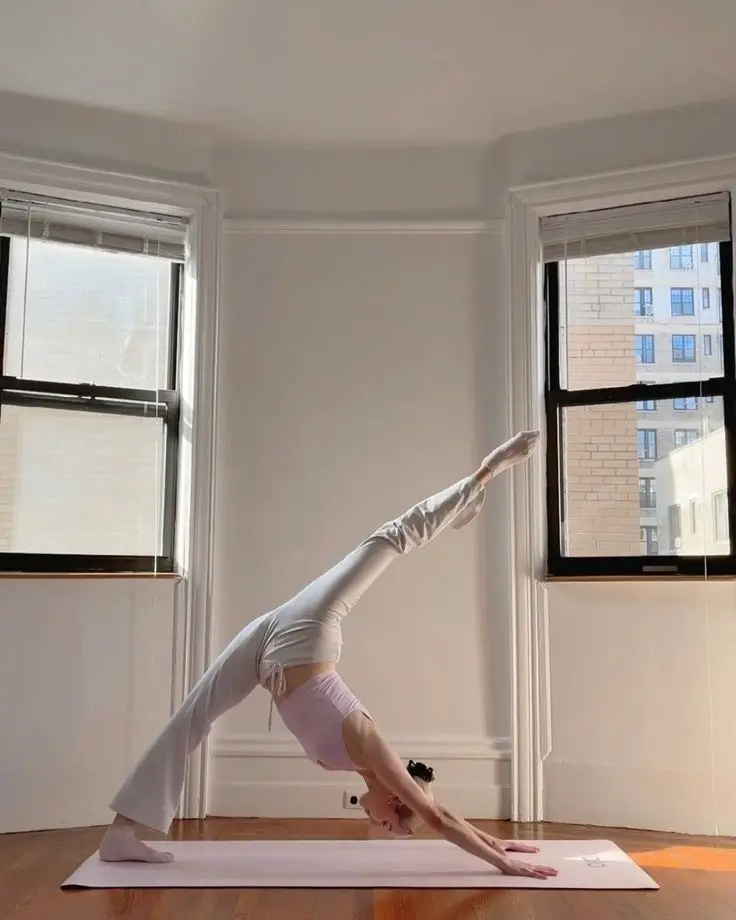Winter can often feel dreary, which makes self-care even more important during these colder months. You can transform the season into an opportunity to prioritize your mental and physical well-being. By incorporating simple self-care practices, you can enhance your mood and boost your energy, ensuring that you make the most of winter.
Taking time for yourself is essential in maintaining a balanced mind and body. Small adjustments to your daily routine, such as engaging in mindfulness exercises or incorporating nutritious foods, can bring about significant improvements in how you feel. This article will provide practical tips that can help you nurture your mental health while also focusing on your physical needs.
In a world where winter can sometimes lead to feelings of isolation, establishing a solid self-care routine is vital. You can cultivate resilience and maintain a positive outlook regardless of the weather. These strategies are aimed at fostering a stronger connection between your mind and body, helping you thrive during the winter months.



Key Takeaways
- Prioritize self-care to enhance your overall well-being this winter.
- Simple practices can significantly improve your mood and energy levels.
- Building a mind-body connection can help combat seasonal challenges.
Cultivating Mental Wellness
Taking care of your mental wellness during winter involves practical strategies that enhance emotional well-being. Focus on mindfulness, self-reflection, and combating seasonal challenges to create a balanced state of mind.
Meditation and Mindfulness Practices
Incorporating meditation into your routine can significantly enhance mental clarity and emotional stability. Set aside 10-20 minutes daily to practice mindfulness. This can involve focusing on your breath or observing your thoughts without judgment.
Consider using guided meditations or apps that offer structured sessions. Techniques like body scans and loving-kindness meditation can foster self-compassion. Regular practice can reduce stress and improve your overall mood, helping you tackle winter’s challenges with a clearer mindset.



Combatting Seasonal Affective Disorder (SAD)
Seasonal Affective Disorder can affect your mood and energy levels during winter months. Combat this by increasing your exposure to natural light. Consider light therapy lamps that simulate sunlight, which can help alleviate symptoms.
Engaging in physical activity, even indoors, supports mental health. Activities like yoga or aerobic exercises can release endorphins, boosting your mood. Maintaining connections with friends and family, whether through calls or meet-ups, can provide essential support during these darker months.
Journaling for Self-Reflection
Keeping a journal is a powerful tool for self-reflection and emotional expression. Allocate a few minutes each day to jot down your thoughts, feelings, and experiences. This practice can help you identify patterns in your emotions or triggers for anxiety and sadness.
Consider maintaining a gratitude journal, where you list three things you’re thankful for each day. This shifts your focus towards positive aspects of your life. Additionally, affirmations can be written in your journal to reinforce self-worth and resilience, helping to counteract negative self-talk.



Physical Health and Self-Care
Maintaining physical health during winter requires a balanced approach that includes regular exercise, proper nutrition, and effective skincare. These elements contribute significantly to your well-being during the colder months.
Exercise and Staying Active
Staying active is crucial for your physical health in winter. Aim for at least 150 minutes of moderate exercise each week. This can include activities like:
- Yoga: Enhances flexibility and reduces stress.
- Morning walks: Provides sunlight exposure, aiding in vitamin D synthesis.
- Home workouts: Utilize online classes for guidance from the comfort of your home.
Incorporate short bursts of activity throughout your day. This could be simple stretches or a few minutes of body-weight exercises. Engaging in physical activity enhances your mood and boosts immunity, keeping you energized and healthy.
Nutrition and Hydration
Nutrition plays a vital role in your overall health. During winter, focus on incorporating seasonal foods like:
- Soups: These can be nourishing and hydrating, packed with vegetables and protein.
- Whole grains: Provide sustained energy levels.
- Fruits: Citrus fruits are excellent for vitamin C.
Hydration is often overlooked in colder months. Drink plenty of water, and consider herbal teas for warmth. Aim for at least 8 glasses of water daily. Staying hydrated supports your skin and helps maintain energy levels.
Skincare in Cold Weather
Cold weather can take a toll on your skin, making a dedicated skincare routine essential. Start with a gentle cleanser to remove impurities without stripping moisture. Follow up with the following:
- Moisturizer: Opt for thicker creams that shield against dryness.
- Sunscreen: UV rays can still affect your skin in winter. Use a broad-spectrum sunscreen daily.
Consider using humidifiers in your home to maintain moisture levels in the air. This helps to prevent dry skin and keeps your complexion healthy during the colder months. Regularly exfoliate to remove dead skin cells for a radiant appearance.



Nurturing the Mind-Body Connection
Fostering a strong mind-body connection is essential, especially during winter. Engaging in creative activities, prioritizing relaxation, and connecting with nature and loved ones can enhance your well-being this season.
Creative Activities and Hobbies
Engaging in creative activities can significantly boost your mood and mental clarity. Consider starting a vision board using magazines and various materials, allowing your imagination to flow. This can clarify your goals and dreams for the upcoming year.
Participating in hobbies such as painting, knitting, or writing can be immensely satisfying. Establish a cozy space in your home, perhaps by a fireplace with a warm cup of cocoa. Dedicating regular time to these activities will encourage a sense of accomplishment and relaxation.



Relaxation and Quiet Time
Taking time to relax is crucial for maintaining balance in your life. Create a calming environment with soft lighting and soothing scents. A warm bath with essential oils can offer a tranquil escape from daily stressors.
Incorporate quiet time into your routine. This might include meditation, deep breathing exercises, or even just sitting in silence. It provides an opportunity to reflect, recharge, and practice self-compassion amidst the winter hustle.
Connecting with Nature and Loved Ones
Spending time outdoors, even in winter, can invigorate your senses. Engage in light activities like walking or hiking in nature. The fresh air and natural beauty can reduce stress and enhance your overall mood.
Don’t forget to connect with loved ones during this season. Plan gatherings or cozy nights in, perhaps with board games or a movie by the fire. These connections foster a sense of community and support, essential for mental health.





